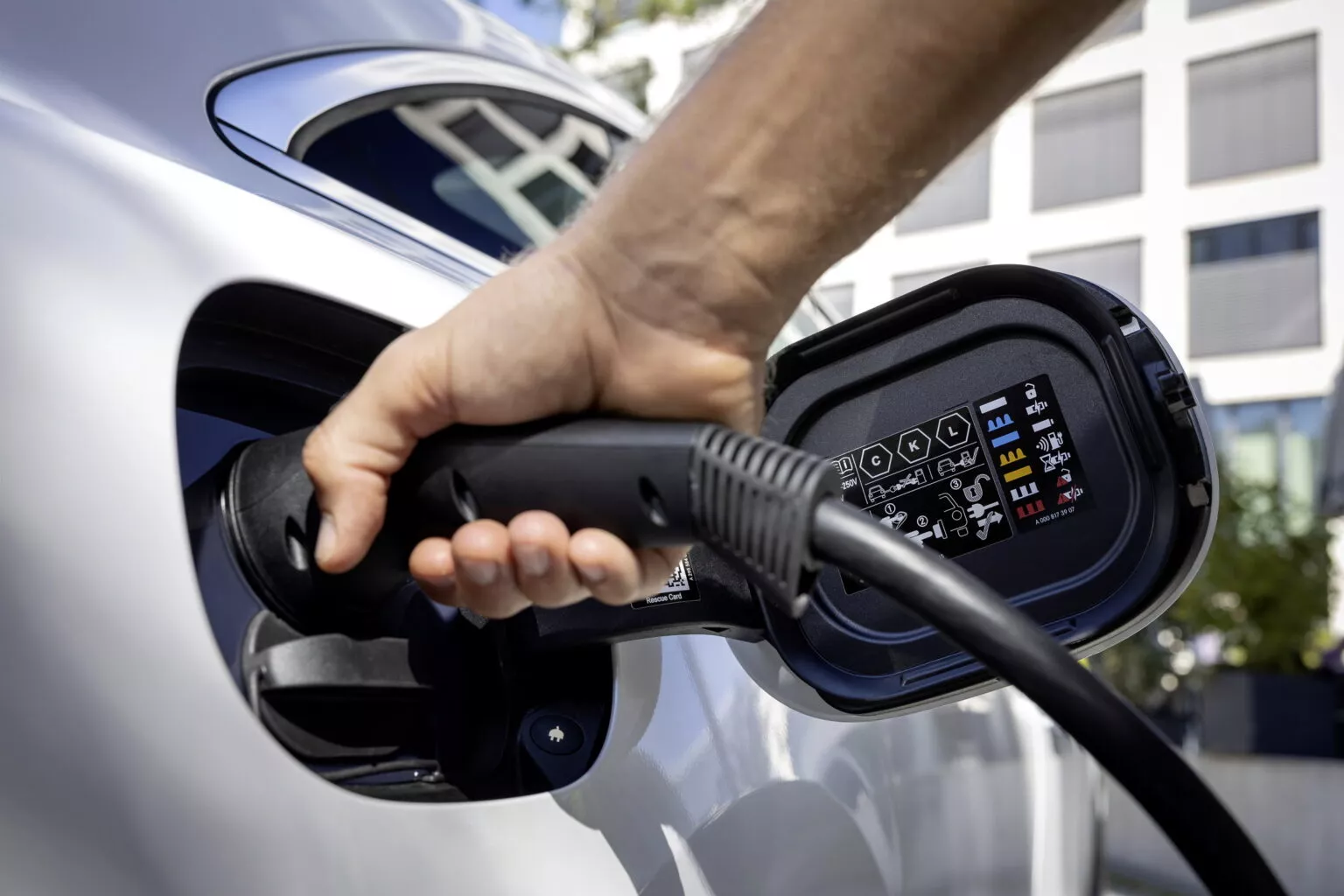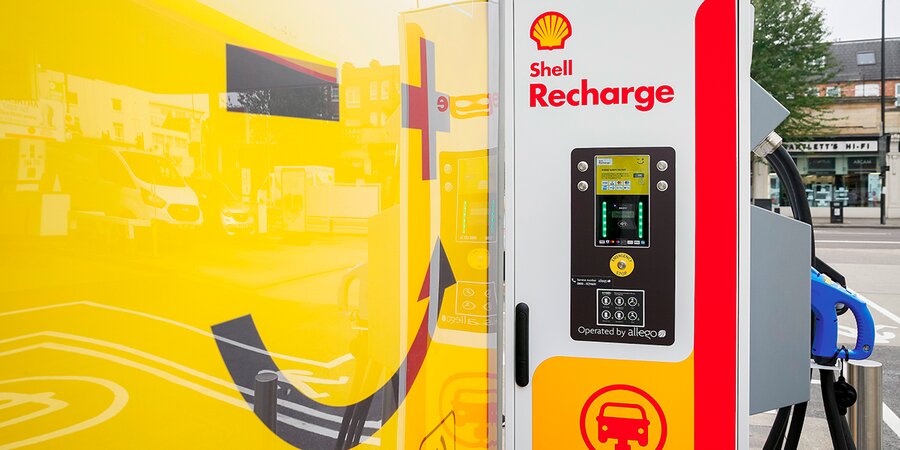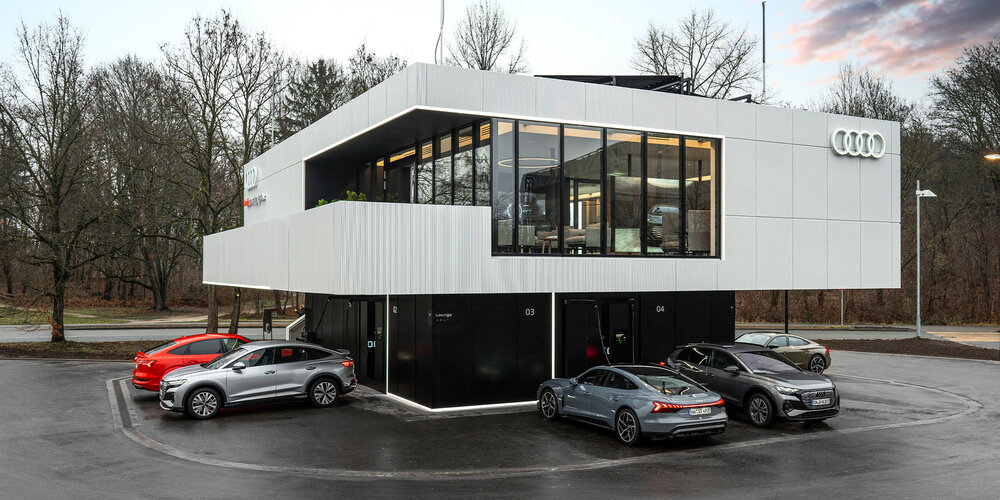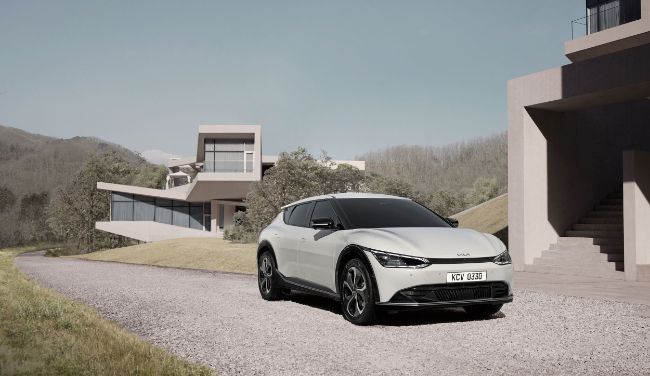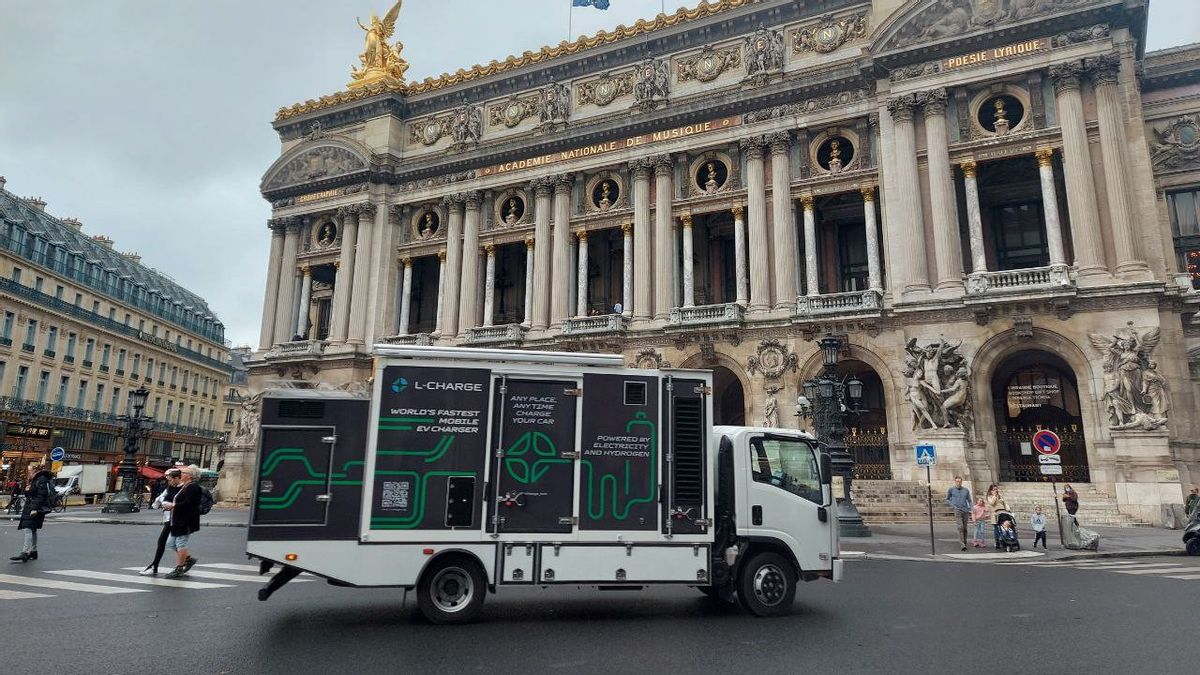Germany’s Vice Chancellor and Federal Economics Minister, Robert Habeck, has put forward a detailed proposal to modernize the country’s automotive industry, with a focus on boosting the adoption of electric vehicles (EVs). The plan, outlined in an internal paper obtained by several German media outlets, includes a series of incentives aimed at accelerating the shift to electric mobility.
Key components of Habeck’s proposal include a €1,000 charging credit for EV buyers, which would apply to charging at publicly accessible points. However, the paper does not provide specific details on how this credit would be implemented, presenting it more as a political position rather than a finalized legislative draft. The document also advocates for tax incentives for EV buyers, particularly those with low and medium incomes. One suggestion is to allow a portion of the purchase costs to be tax-deductible, modeled after the subsidization of energy-efficient building renovations. Additionally, the paper explores the possibility of a social leasing model for lower-income buyers, akin to initiatives in France.
In an effort to ease the transition for used EV buyers, the ministry proposes subsidizing professional battery checks for used electric cars, offering €100 towards the cost. This measure aims to boost consumer confidence, especially among price-sensitive buyers, by providing clarity on the condition of a vehicle’s battery and its remaining value.
To further support the expansion of electric mobility, the Ministry of Economic Affairs also aims to accelerate the growth of Germany’s charging infrastructure. However, the paper calls for more competition and better price transparency in the market. It also highlights the need for dynamic charging rates and bidirectional charging, although these remain more general demands rather than concrete proposals. Additionally, Habeck advocates for reducing electricity taxes to the European minimum and cutting grid fees through partial public funding.
The proposal comes in response to the slower-than-expected growth of electric mobility in Germany, especially after the cancellation of the environmental bonus at the end of 2023. New EV registrations have stagnated at around 35,000 units per month, representing a market share of approximately 14%. To meet the stricter CO2 fleet limits starting in 2025, manufacturers will need to reach around 25% EV market share, or face significant fines from the European Union. Habeck has also spoken out in favor of making the regulations more flexible, such as allowing manufacturers to meet targets over multiple years to avoid penalties.
Despite the ambitious nature of the proposals, the question remains whether they can be implemented. The current coalition government, consisting of the Social Democrats and Habeck’s Green Party, no longer holds a majority in the German parliament following the exit of the third coalition partner, the FDP. With early federal elections scheduled for February 2025, it remains uncertain what the future government will look like and what approach it will take towards electric mobility.

